Thousands Wiped Out as US Strikes Japan with Atomic Bomb
On August 6, 1945, during World War II, an American B-29 bomber dropped the first atomic bomb named ''Little Boy'' on Hiroshima, Japan.
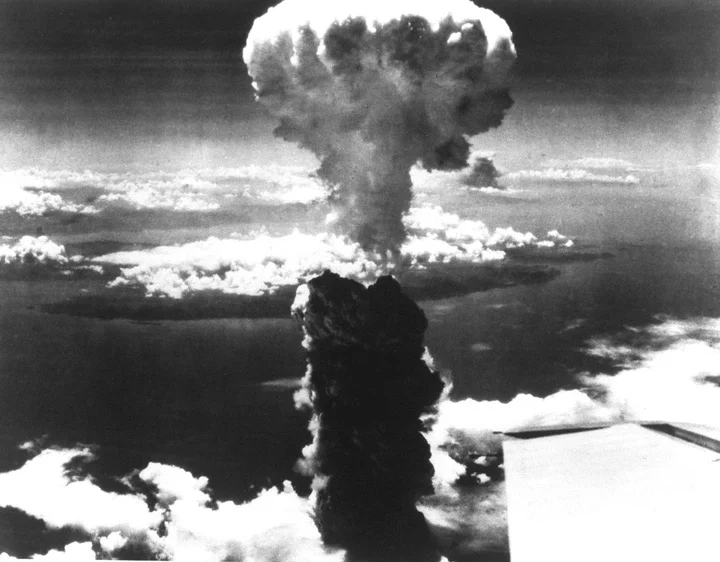
The blast instantly killed around 80,000 people, with many more succumbing to radiation sickness later. Three days later, another B-29 dropped a second atomic bomb called ''Fat Man'' on Nagasaki, resulting in approximately 40,000 deaths.
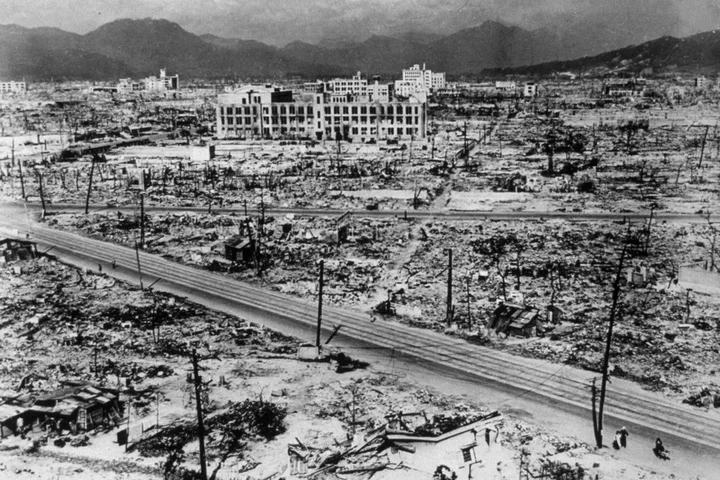
On August 15, agitated by the massive destructions and deaths caused by the atomic bombs, Japan's Emperor Hirohito announced the country's unconditional surrender in a radio address, referring to the devastating impact of the "new and most cruel bomb."
Britain Annexes Lagos
Also, on this day in 1861, the British annexed Lagos, Nigeria. The move was led by Commander Beddingfield of HMS Prometheus, accompanied by Acting British Consul William McCoskry.
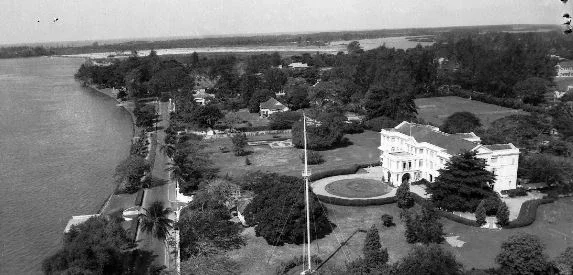
Initially, Oba Dosunmu opposed the cession for 11 days but eventually signed the Lagos Treaty of Cession under serious threat of violence. Lagos was then declared a colony on March 5, 1862 as the British took hold of the city.
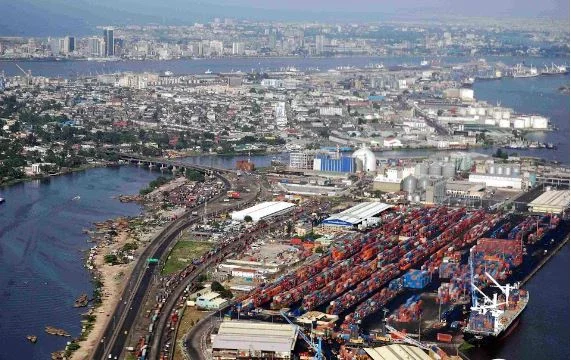
Years later in 1872, it had become a cosmopolitan trading center with over 60,000 residents. A protectorate was subsequently established over most of Yorubaland between 1890 and 1897, but later incorporated into the Southern Nigeria Protectorate in February 1906. Lagos became the capital of the Protectorate of Nigeria in January 1914 and grew into a major city.
Other key events on this day
1. At least 20 Navy SEALs and 17 others died when a NATO Chinook helicopter crashed after being shot down by the Taliban in Afghanistan - 2011
2. The first execution by electric chair occurred, William Francis Kemmler killed- 1890
3. Coup occurred in Mauritania - 2008
4. WWI: Austria-Hungary declared war on Russia - 1914
5. PepsiCo CEO Indra Nooyi announced she would be stepping down - 2018

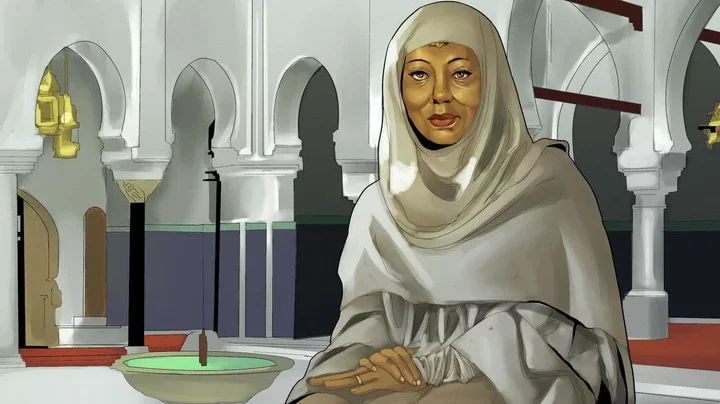
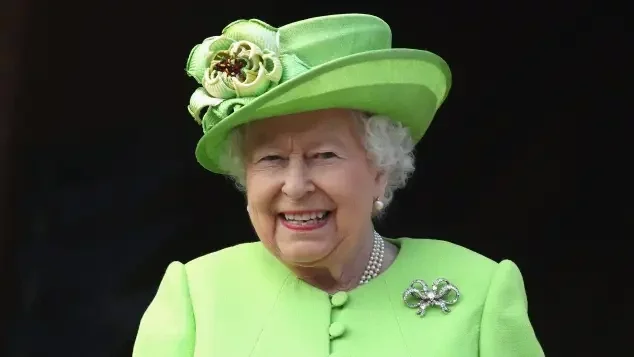
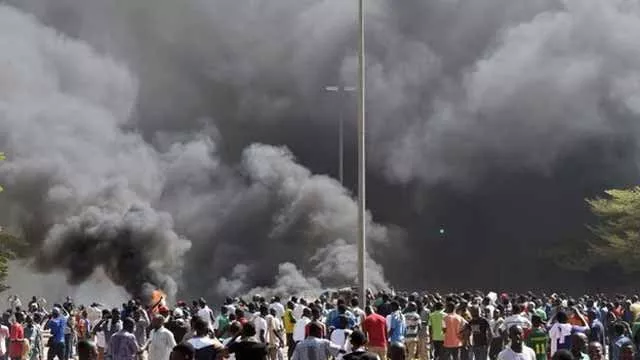

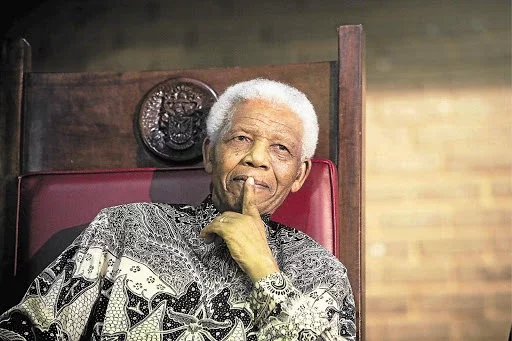
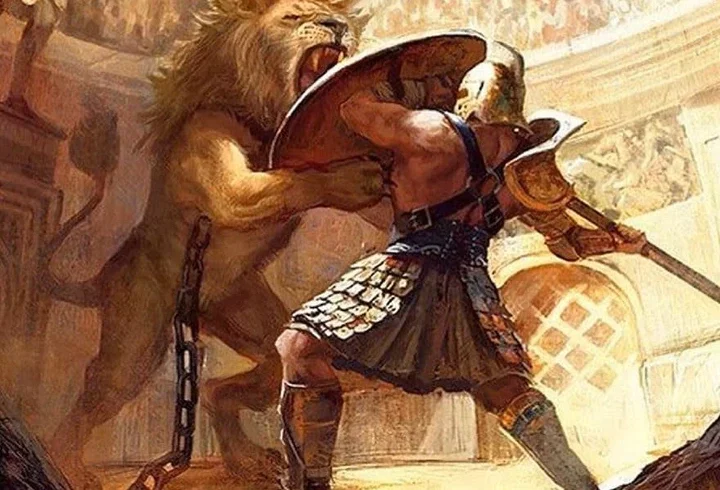
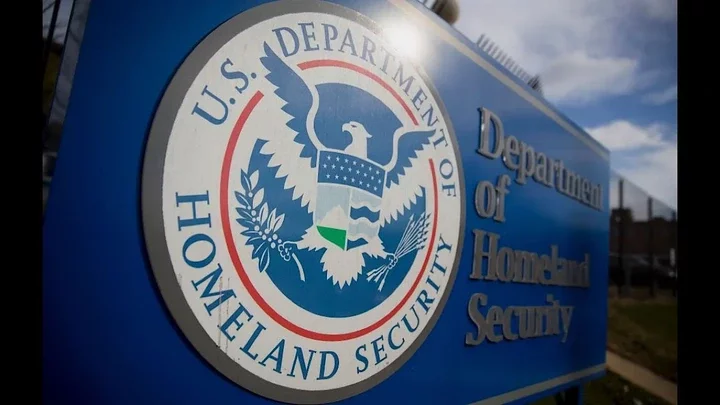

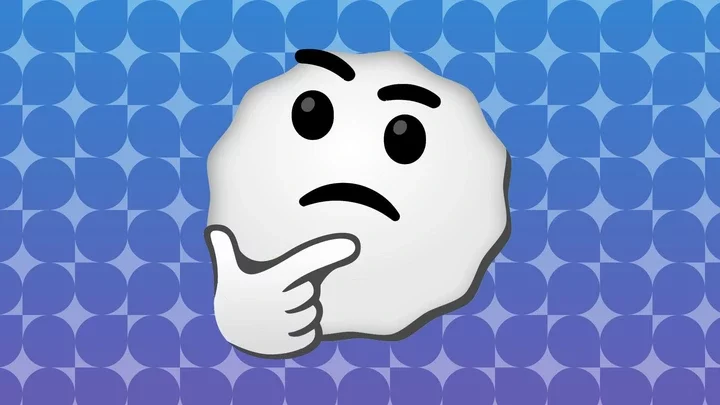


![EPL: Arteta puts up seven Arsenal players for sale [Full list] EPL: Arteta puts up seven Arsenal players for sale [Full list]](https://static.netnaija.com/i/jyK68rn6awD.webp)
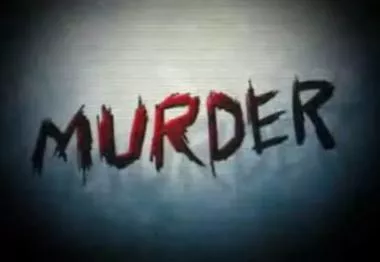
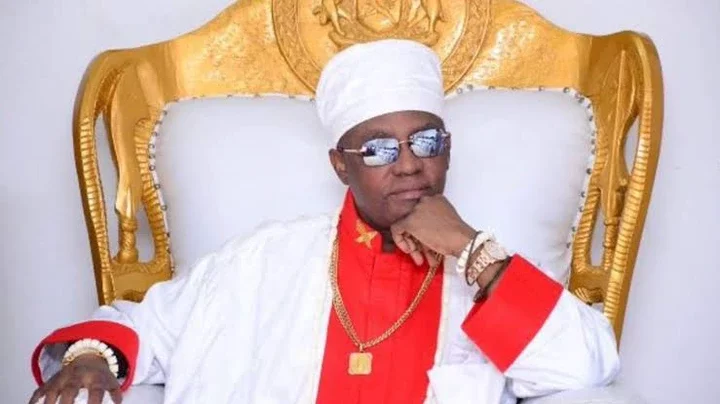


Comments